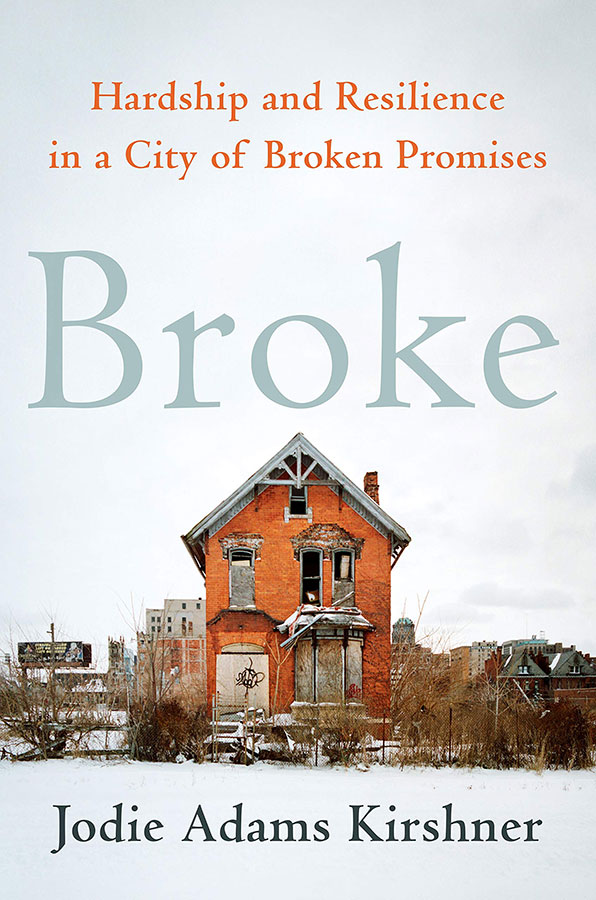
A deep dive into the daily living of low-income Detroit residents as well as real estate speculators.
Kirshner (Urban Management/New York Univ.; International Bankruptcy: The Challenge of Insolvency in a Global Economy, 2018, etc.) received permission from seven individuals to conduct on-the-ground research about what occurs when a city is stuck under the weight of often arcane bankruptcy law. The burdens fall most heavily on people of color. Four of Kirshner’s protagonists are black: Miles, an ambitious mid-40s construction worker bedeviled by mistaken law enforcement paperwork suggesting he is a felon; Lola, a mid-20s single mother who cannot find a conveniently located job commensurate with her college education; Reggie, a mid-40s buyer of residential properties in a city decimated by abandoned homes often emptied through fraud initiated by white lenders; and Charles, a 50-ish faithful Detroiter who earned a livable income when the automobile industry was thriving in the city. The three white protagonists are Joe, a tree surgeon business owner who optimistically relocated from New Jersey; Robin, a late 40s property developer from Los Angeles who sees moneymaking opportunities purchasing abandoned houses in certain Detroit neighborhoods; and Cindy, an early 60s Detroiter who hung on as her longtime neighborhood shifted from mostly white to nearly all low-income black, with abandoned and vandalized houses on every block. Kirshner is masterful at explaining the predatory banking and insurance industry practices that have led to impoverishment across the entire city (except for the white establishment downtown), the heartlessness of white politicians (mostly Republicans) who seemingly operate from racist viewpoints, a judicial system that offers little justice for the poor, and bankruptcy law, which was never meant to be applied to city governments. Although immersed in the lives of her protagonists, the author wisely keeps a low profile within her eye-opening and sometimes heartbreaking narrative, which ends with a brief call to action. “We cannot allow the country to fragment into areas of varying opportunity,” she writes.
A significant work of social sciences and urban studies.
https://www.kirkusreviews.com/book-reviews/jodie-adams-kirshner/broke/
